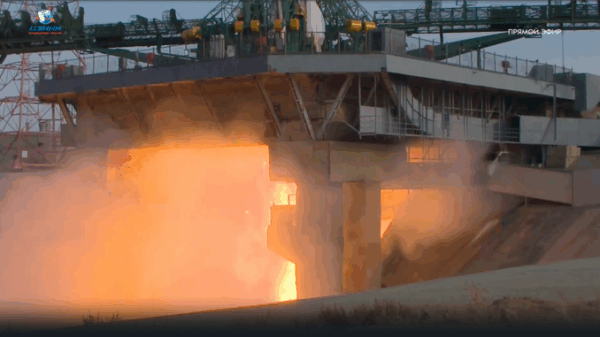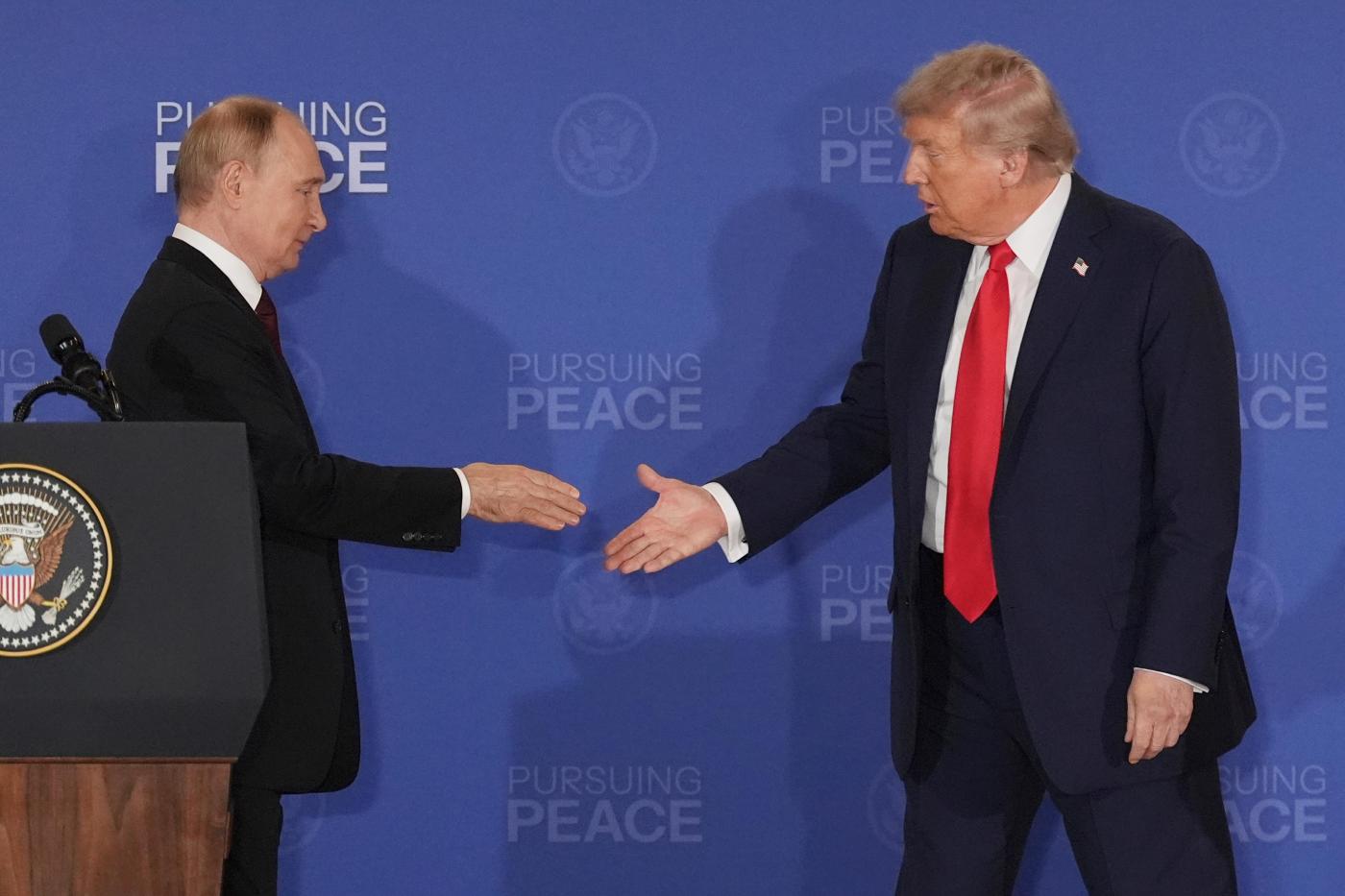The recent summit in Alaska between former U.S. President Donald Trump and Russian President Vladimir Putin has been widely criticized for failing to make any substantial progress toward a ceasefire in the ongoing conflict in Ukraine. Instead of constructive dialogue, the meeting appeared to serve more as a platform for Putin’s propaganda, generating visuals that may bolster his image at home while doing little to address the pressing humanitarian crisis in Ukraine.
The summit did not yield any commitments from either side regarding a ceasefire or peace agreement. Observers noted that the event offered Putin a stage for favorable optics, including scenes of U.S. troops ceremoniously rolling out the red carpet for him. This display raises questions about the motivations behind Trump’s engagement with a leader who is currently facing international scrutiny, including active warrants from the International Criminal Court for alleged war crimes.
Putin’s strategy seems to involve leveraging Trump’s admiration for him, as he continues to stall any genuine peace negotiations. Analysts suggest that this dynamic reflects Putin’s awareness that he can manipulate the situation to his advantage, particularly by encouraging Trump to focus on domestic political concerns, such as questioning the legitimacy of the 2020 presidential election results. This tactic not only distracts from the issues at hand but also potentially undermines American democracy.
As the summit concluded, attention turned to Ukrainian President Volodymyr Zelenskyy, who was notably absent from discussions regarding his nation’s future. Zelenskyy is scheduled to meet with President Biden at the White House shortly after the Alaska summit, creating an opportunity for the U.S. to reaffirm its support for Ukraine. This meeting presents a crucial moment for Trump to distance himself from the optics of the Alaska gathering and to show solidarity with Zelenskyy, whose leadership continues to receive widespread backing from the international community.
The failure of the Alaska summit underscores the urgent need for diplomatic efforts to secure an immediate ceasefire in Ukraine, especially as reports indicate that Russian forces have intensified their attacks on civilian infrastructure. The ongoing conflict has inflicted significant suffering on the Ukrainian population, and the prospect of peace remains elusive as long as Putin maintains his current approach.
It is imperative that global powers convey a unified message to Putin, making it clear that any resolution must not reward him with territorial gains acquired through aggression. The potential expectation of territorial concessions at the upcoming White House meeting raises concerns about further conflict and instability in the region. The stakes are high, and the path forward must prioritize a just peace that respects Ukraine’s sovereignty and territorial integrity.
The Alaska summit may have resulted in little more than a theatrical display, but it highlighted the urgent need for genuine negotiations aimed at ending the violence in Ukraine. As the situation evolves, the world watches closely, hoping for a meaningful resolution rather than a continuation of hostilities.




































































